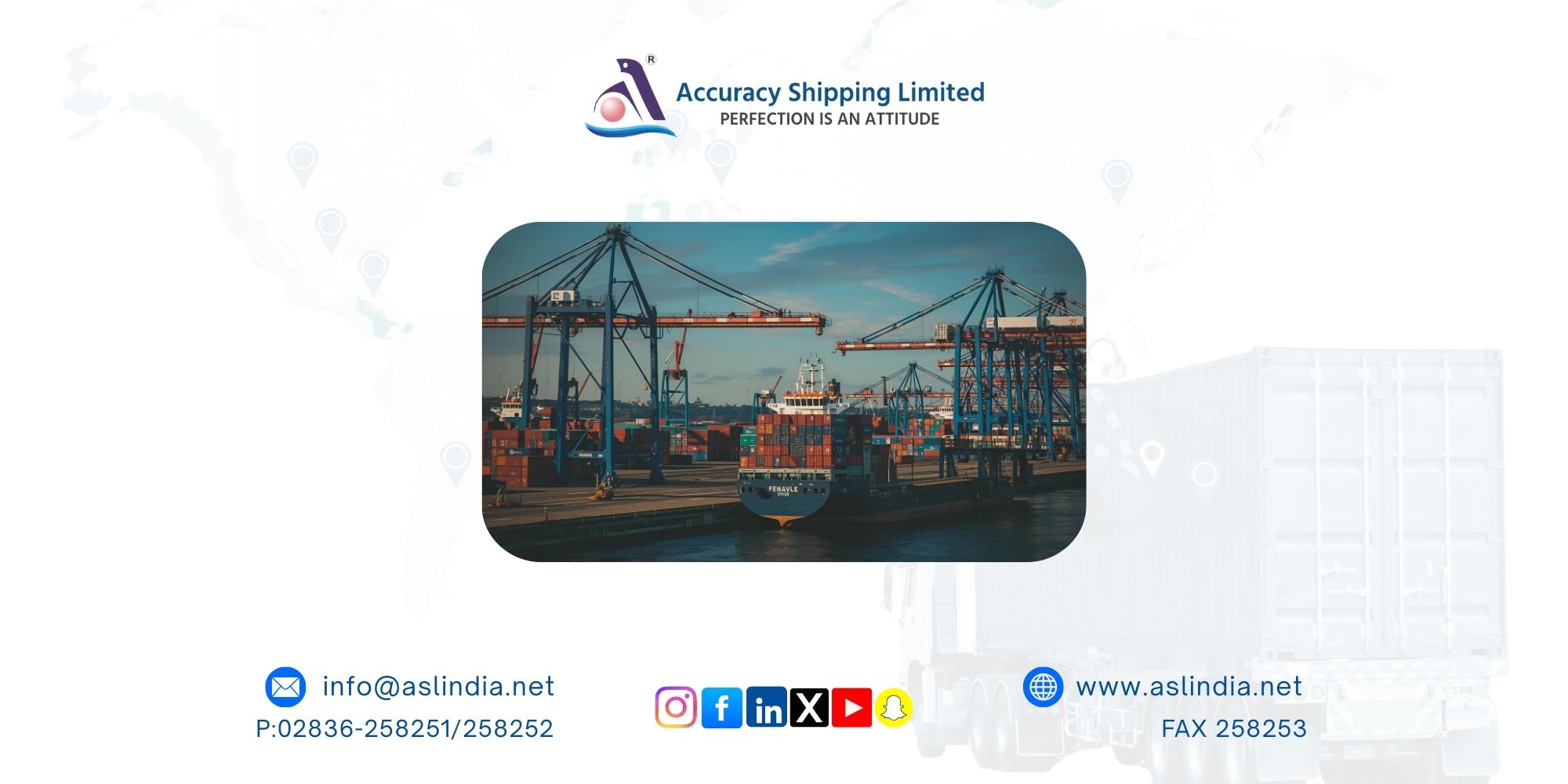Portuguese port strikes set to disrupt operations from 21 Nov

Portugal’s mainland ports are bracing for another wave of disruption as the National Union of Port Administration Workers (SNTAP) launches a new series of 24-hour strikes from 21 November to 13 December 2025. The industrial action marks an escalation in the ongoing dispute with the government over a stalled sector-wide pay agreement.
A Fresh Round of Stoppages Across Mainland Ports
The strikes will take place from 00:00 to 24:00 on the following dates:
21–22 November
25–26 November
28–29 November
2–4 December
9 December
12–13 December
The work stoppages apply to employees at the port authorities of Douro/Leixões/Viana do Castelo, Aveiro, Figueira da Foz, Lisbon, Setúbal, Sines, and Algarve, as well as staff of CLT – Companhia Logística de Terminais Marítimos, the Galp-owned operator of the liquid bulk terminal in Sines.
These new dates follow a previous round of strikes between 23 October and 8 November, which resulted in delayed or cancelled ship calls at several ports.
The Core Issue: Non-Implementation of the Pay Agreement
SNTAP says the strikes stem from the Finance Ministry’s refusal to authorize the implementation of a pay agreement signed on 18 December 2024 between the union and all mainland port authorities.
The agreement proposes:
Adding another pay band for port administration workers
Aligning hourly pay calculations with Portugal’s Labour Code
The union criticized the government’s “total silence” on the matter and called out what it describes as the Finance Ministry’s “anachronistic and excessive control” over port authorities an approach it argues undermines the strategic “Portos 5+” development plan.
Scope of the Strike and Exemptions
The strike covers workers in mainland port administrations and CLT staff at Sines. However, it excludes:
Ports in Madeira and the Azores
Cargo operations in mainland ports when the vessel’s origin or destination is Madeira or the Azores
Regional media report that the new strikes are not expected to affect the port of Caniçal.
At CLT’s liquid bulk terminal in Sines, an arbitration panel of the Economic and Social Council has imposed minimum service levels, covering:
Fuel shipments to Madeira and Azores
Aviation fuel for civil and military airports
Minimum operations for keeping the Sines refinery running
LNG movements
Emergency response activities
Exporters and Industry Groups Warn of Major Disruption
Exporters and ship agents are raising alarm over the potential impact. The Portuguese Shippers’ Council (CPC) representing major exporters including EDP, Petrogal, Navigator, Cimpor, Sovena, and Somincor has urged the government to intervene “without delay”.
According to CPC, repeated stoppages will:
Aggravate operational instability
Increase risks of ships held at anchor
Trigger stock-outs for industrial and retail companies
Push logistics costs higher due to diversions to foreign ports
Threaten progress under the Portos 5+ strategy
Ship agents under AGEPOR have reported “significant impacts” during previous strikes, noting at least 30–40 cancelled calls, mostly cruise ships. Cargo vessels also faced schedule reshuffles. AGEPOR president António Belmar da Costa criticized the government for failing to speak with “one voice” regarding the agreed pay deal.
Major shipping and freight companies have already advised customers to expect delays, congestion, and timetable changes at Leixões, Lisbon, Sines, and other affected ports. Many are recommending extra transit time and exploring alternative routings on strike days.
Strikes Coincide with Larger Public-Sector Unrest
The first strike dates overlap with a national public-sector walkout on 21 November organized by the FESINAP federation. The dispute comes amid broader labour action in Portugal, with unions UGT and CGTP calling for a general strike on 11 December.
During the arbitration hearing on minimum services at CLT, SNTAP stated that it does not expect to participate in the 11 December general strike, and does not foresee significant involvement from its members.
Who Are the Main Stakeholders?
SNTAP (National Union of Port Administration Workers): Represents employees of mainland port administrations, including personnel involved in maritime traffic, pilotage support, and port services.
CLT – Companhia Logística de Terminais Marítimos: A logistics and terminal-operations company within the Galp Energia group, holding the public-service concession for liquid bulk operations at the Port of Sines.
Looking Ahead
With multiple strike days ahead and major exporters sounding the alarm, Portugal’s port sector faces weeks of turbulence. The dispute underscores deeper tensions over wage structures, governance, and strategic priorities within the maritime logistics ecosystem.
Unless the government and SNTAP reach a resolution soon, the cascading effects of these stoppages may extend beyond immediate delays risking long-term competitiveness and operational reliability across Portugal’s mainland ports.







